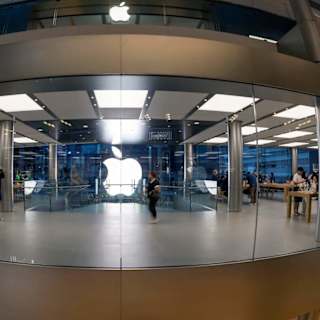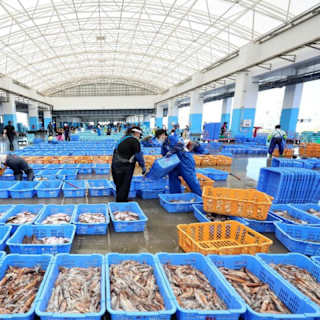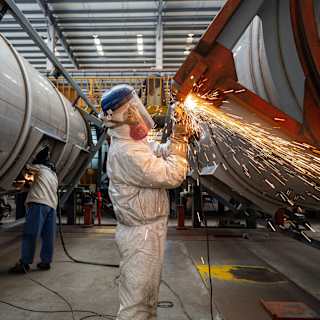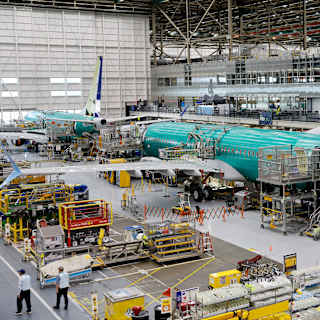- Chinese Factories Show Momentum Despite Contraction
- Japan Breaks 13-Month Contraction Streak
- Trade Tensions Cast Shadow Over Recovery
Factory activity in China and Japan showed signs of recovery in June, with both Asian manufacturing powerhouses posting improvements after months of contraction, according to official data released Monday.
China's manufacturing purchasing managers' index rose to 49.7 in June from 49.5 in May, marking the second consecutive month of improvement, the National Bureau of Statistics reported. Meanwhile, Japan's manufacturing sector expanded for the first time in 13 months, with its PMI climbing to 50.1 from 49.4 in May.
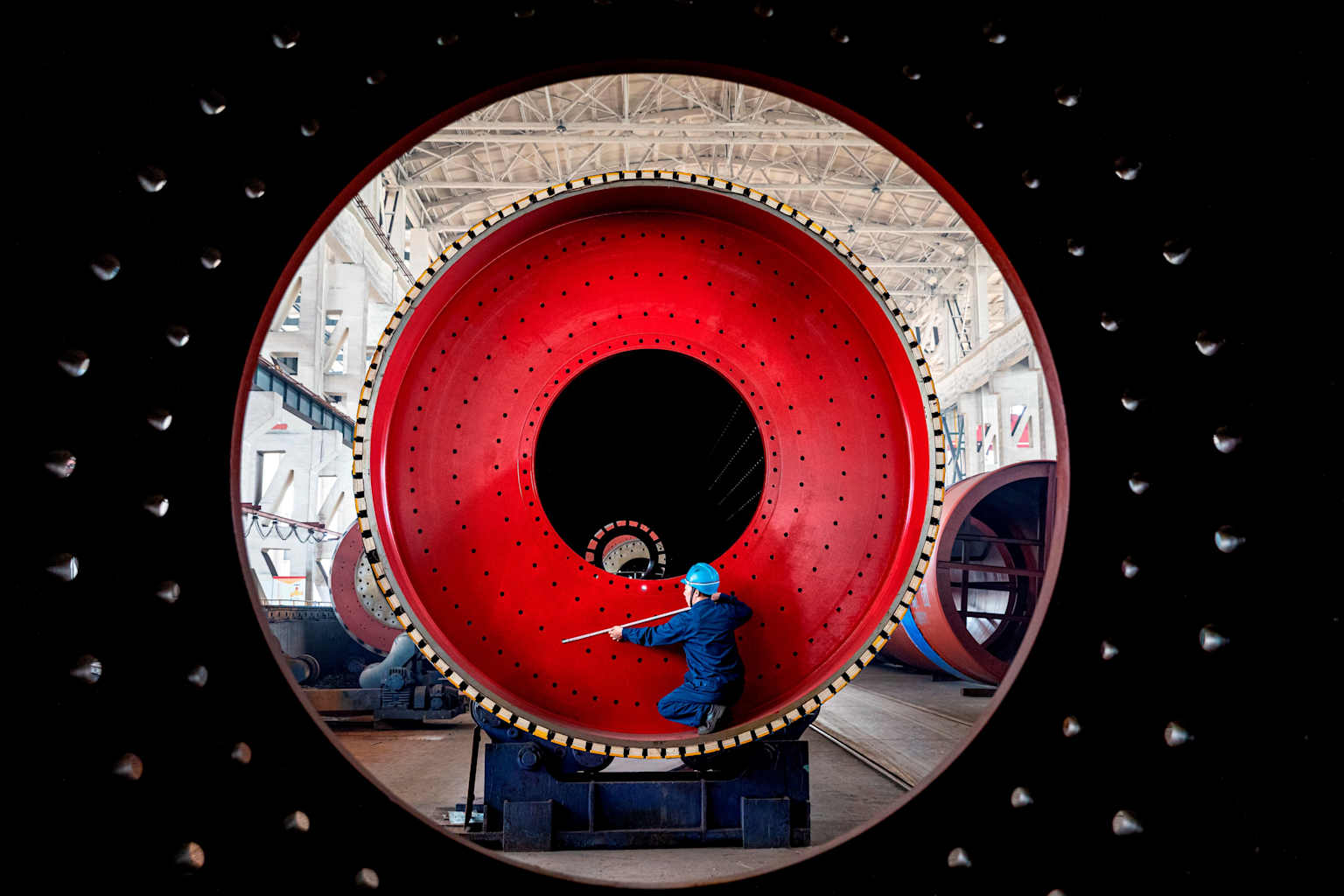
While China's PMI remained below the 50-point threshold that separates growth from contraction, the upward trajectory reflected strengthening demand and production. The new orders sub-index returned to expansion territory at 50.2, up from 49.8 in May12.
"The manufacturing market demand has improved," the National Bureau of Statistics said, noting that 11 of 21 surveyed industries recorded expansion in June, compared with seven in May13.
The improvement came as President Donald Trump agreed to delay imposing higher tariffs on Chinese imports for 90 days, providing temporary relief for manufacturers45. However, the benefits mainly helped large manufacturers, with their PMI reaching 51.2, while small enterprises struggled at 47.36.
High-tech manufacturing maintained momentum with a PMI of 50.9, outperforming the overall sector1.
Japan's return to expansion was driven by rising factory output, which grew for the first time in 10 months12. The final au Jibun Bank Japan Manufacturing PMI of 50.1 nudged above the neutral line, though it fell short of the preliminary reading of 50.42.
"Production rises for first time in ten months," S&P Global noted, though demand conditions remained challenging with new orders declining further1.
Employment expanded for the seventh consecutive month, and business confidence improved to a five-month high2.
Both economies face headwinds from global trade uncertainties. China's new export orders remained in contraction for the 14th straight month, though the sub-index improved slightly to 47.71. Trump has indicated he won't extend the tariff pause beyond July 923.
"The economic momentum is stable due to strong exports," said Zhang Zhiwei, president and chief economist at Pinpoint Asset Management4.
Marcel Thieliant of Capital Economics cautioned that Japan's "subdued rise in industrial production" suggests firms weren't benefiting from higher U.S. tariffs on Chinese imports3.
